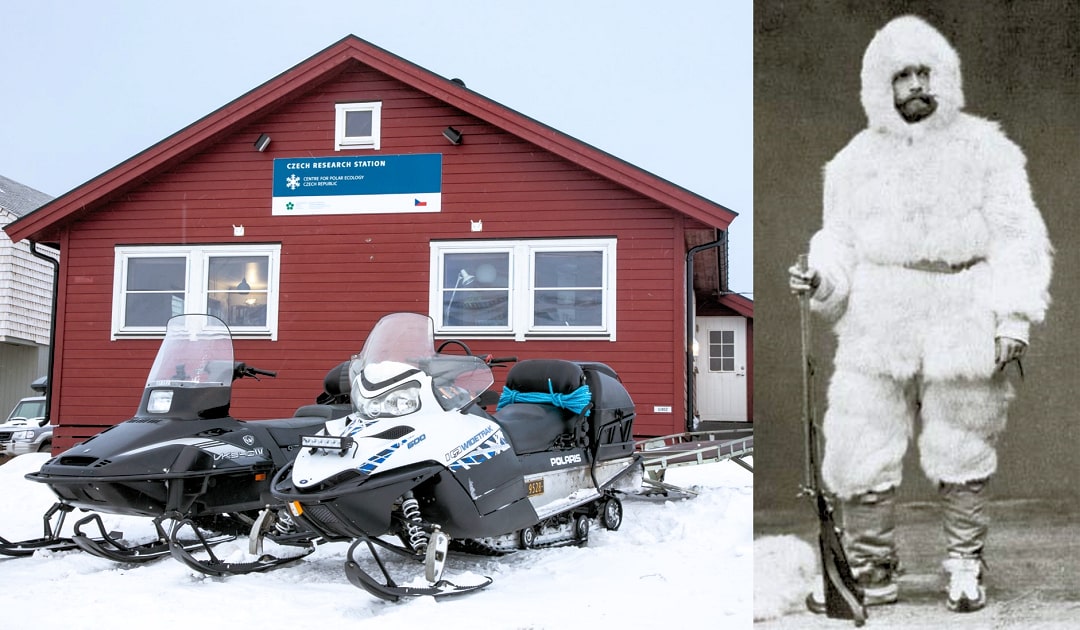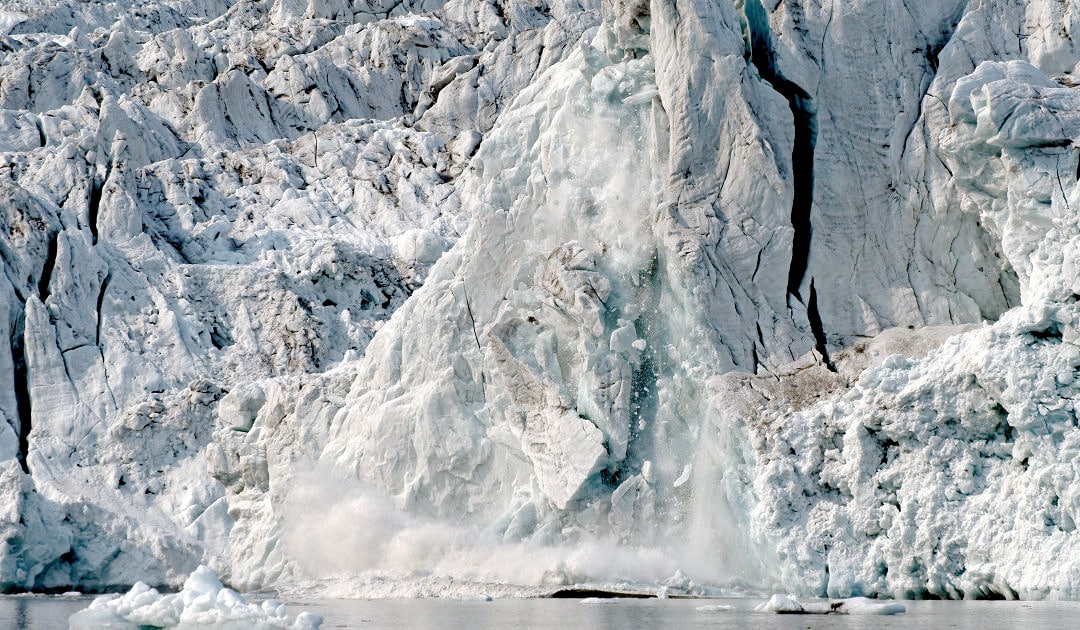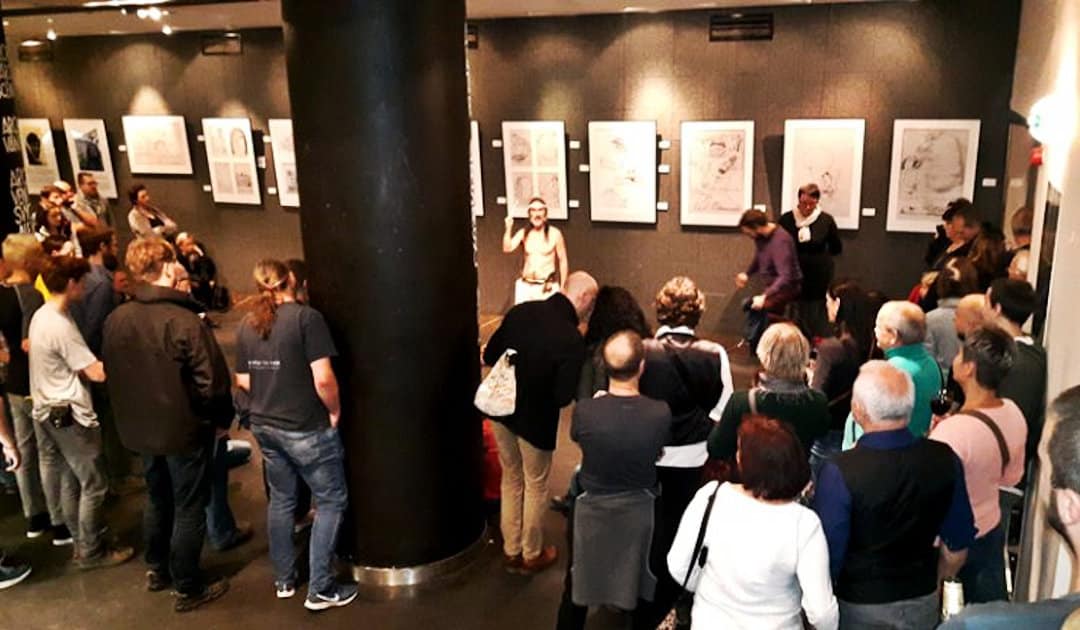
The Arctic is increasingly becoming the focus of attention for many countries that are not directly part of the Arctic region. The Arctic Council is the central body in the region where all important decisions for the Arctic are discussed and taken. However, since only the eight direct Arctic nations have membership rights, the remaining states have the option of participating in the Arctic Council as observers. This year, Ireland and Estonia have already announced their intention to join. Now the Czech Republic has also publicly announced this step. The Czech polar research community is leading the way.
At a virtual meeting organised by the Arctic Circle, Czech Foreign Minister Tomáš Petříček said that after lengthy deliberations, the Czech Republic officially submitted its application for membership to the Arctic Council last December. Several members of the Council were interested in the Czech Republic joining as an observer, the Foreign Minister said. The application is justified on the one hand by the scientific interest and work of the Czech Republic in the field of Arctic research, which has a long tradition. For Julius von Payer, one of the discoverers and cartographers of Franz-Josef-Land during the Austro-Hungarian North Pole Expedition of 1872 – 74, was Czech and had initiated the Czech interest in the Arctic. Meanwhile, the country also operates its own research station on Svalbard, which includes the main station in Longyearbyen, the Payer House, a field station near the old settlement of Pyramiden, and a research vessel. Tomáš Petříček explains that the hope is to be able to make a greater contribution, especially in the areas of climate research, environmental protection, nature conservation and sustainable development, and in the relevant working groups of the Arctic Council.

On the other hand, the government also sees a need for action with regard to the effects of climate change. It sees this as a major challenge and the Arctic as one of the main areas of climate change. Therefore, numerous scientific projects of Czech research groups are connected with the topic. In order to make progress in this area and find solutions, it is important to work together with the members of the Arctic Council, Petříček says. In response to the question of whether economic considerations had also been a driving force behind the application for membership, the Foreign Minister added that these had only played an indirect role. Of course, economic cooperation would also be sought with the Arctic nations and the other observer states, especially on the issue of sustainability and development. “The Czech Republic can also offer a lot here, for example in the field of water treatment, health, or nanotechnology, just to name a few,” the foreign minister said. Asked whether the Czech Republic’s membership of the EU and NATO could pose a problem in the accession application, he waved it off and explained that accession was independent of these areas and based solely on scientific considerations. They also believe in peaceful cooperation and communication within the Arctic Council and therefore geopolitical considerations are not at the heart of the Czech Republic.

“In the meantime, we have taken research to a high level, especially in the field of natural sciences. But what has changed, and what I have worked to develop further, is the political or international aspect of polar research. This is very important to connect the different fields and see the whole thing in a bigger picture. To do that, we need the accession.”
Dr. Barbora Halašková, Expert in International Relations, Masaryk University
The Czech Republic had been discussing joining the Arctic Council for some time. Assistant Professor Dr. Barbora Halašková, an expert in international relations at Masaryk University, told PolarJournal after the presentation that the impetus for a request had come from academia. Back in 2016, she and other scientists had outlined the benefits and importance of such a move in a government report. “We have a long tradition of Arctic research dating back to the Austro-Hungarian North Pole Expedition,” she says. “In the meantime, we have taken research to a high level, especially in the field of natural sciences. But what has changed, and what I have worked to develop further, is the political or international aspect of polar research. This is very important to connect the different fields and see the whole thing in a bigger picture. To do that, we need the accession.”
And how serious the Czech Republic is about the Arctic is not only shown by the commitment of the scientists. Since 2018, former Czech Ambassador to Denmark Zdeněk Lyčka has been organizing the annual “Arctic Festival”, a cultural and scientific event about Arctic issues, for the public. In doing so, he not only brings the Arctic culture to the Czech Republic, but also vice versa the Czech culture to the Arctic. “The idea is not just to publish the hard science facts in journals for experts, but to bring the Arctic closer to the general public and open up awareness of Arctic issues,” explains Barbora Halaskova. And they are quite successful with it, she adds.

But there is still much to be done for the Czech Republic and its polar research. For example, a strategy paper for polar research and the Arctic is lacking, Barbora Halašková continues. There is also no central organisation to manage polar research, at least not yet. Currently, the two universities in Brno and České Budějovice share the organization of polar research. This is where politicians are called upon to act, she says. “They probably want to wait for the decision on accession before moving forward,” she says. And how the Arctic Council will decide is somewhat uncertain at this point. As with the other applications for membership, the geopolitical situation hangs over the application like a sword of Damocles. The Foreign Minister had dodged corresponding questions.
“It would be really great for the science community if the application is accepted.”
Dr. Barbora Halašková, Expert in International Relations, Masaryk University
He did state that some Council members had looked favorably on the request. But a decision must be unanimous. And Russia may well vote against due to the fact that the Czech Republic, Ireland and Estonia are EU and NATO member states. When asked how she, as an expert, sees the Czech Republic’s chances of accession, Barbora Halašková says: “It would be really great for the scientific community if the application is accepted. The fact that the applications are dealt with individually is an advantage. Because the fact that we focus on science could convince Russia to respond positively to the application.” The foreign ministry had consulted the individual member states in advance, the foreign minister said. But there is no guarantee. It remains to be seen whether Czech polar research is as convincing on the diplomatic level as it is on the scientific level. The Arctic Council will meet in Reykjavik in May in a partly virtual, partly real session to vote on the membership applications of the Czech Republic, Estonia, Ireland and Turkey, among other things. At the meeting, Iceland will hand over the chairmanship to Russia in rotation. And Russia had declared in advance that it wanted to involve the observer states more in the Council.
Dr Michael Wenger, PolarJournal
More on the subject:





